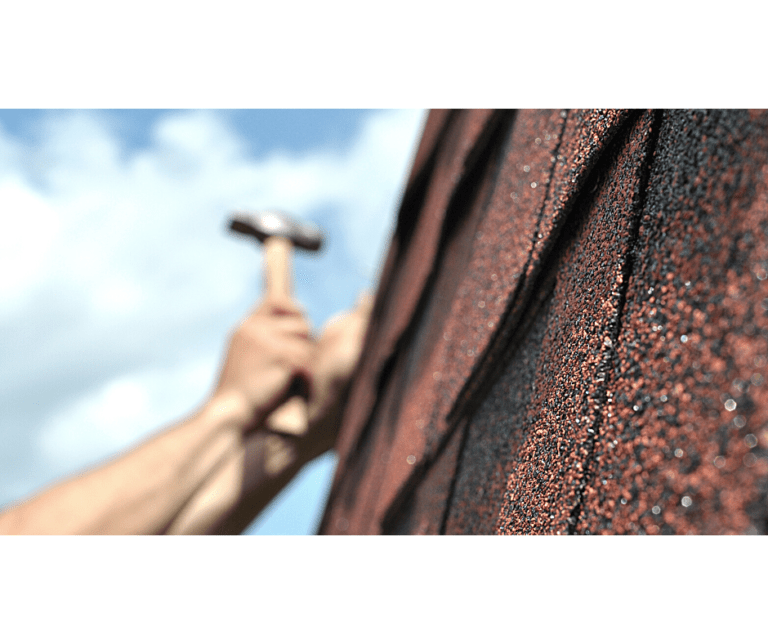By Contributing Writer Marla Lewis, President of the Houston Black Real Estate Association
There are pros and cons to a new-construction home or existing home, so the decision may not be that easy as you consider a home purchase. No matter which way you go, you’ll probably end up making tradeoffs. In the end, choose the type of home that makes the most sense for you, your lifestyle, and your upcoming plans.
From an investment standpoint, it is wise to think about the future when buying. After all, you will be the seller one day and will no doubt want to get the largest possible return on your investment.
What if, for example, a home is one of the first in a new subdivision? As other houses are still being built, short-term resale of a two-year-old house can be difficult. Given two similar choices in the same neighborhood, most buyers opt for a brand new house as opposed to one that’s been lived in. Additionally, builder incentives can make the new home down the street more attractive to buyers. This typically changes as the neighborhood matures and the builders clear out.
It’s not all about the investment, though. You must live in this home. Central air, large pantries, walk-in closets, multi-car garages, more and bigger bathrooms, and other contemporary amenities are more common in newer homes. There are not many 40-year-old homes featuring a master suite with a spa and two walk-in closets.
New homes are also built with infrastructure tailored to modern life – like having more electrical outlets or being pre-wired for security or the Internet.
Additionally, there are stricter building codes and significant advances in construction materials and techniques. These improvements result in safer and more energy-efficient homes.
Also, the builder may offer customization options, like color schemes, flooring, kitchen cabinets, or appliances, that allow you a degree of personalization. Existing homes were built and designed to someone else’s standard and taste, which is bound to be different from yours.
On the flip side, many older homes have a charm from the period during which they were built. Some sit on larger parcels of land than the lots common in most new subdivisions. You also may find an existing home that has been remodeled in a way that suits your needs perfectly.
Maintenance
Home maintenance comes with homeownership. There is no house that is maintenance- or defect-free – even brand new homes. In fact, it’s not uncommon to find at least one construction defect that must be addressed in a brand new house. So, if you do opt for a new home, make sure you understand the warranty and the process for identifying and fixing problems. As with purchasing an existing home, buyers should have a new home inspected by a licensed third-party inspector before closing.
The neighborhood should be a significant part of your decision. Think about what you value – school district, proximity to your workplace, and day-to-day convenience are common concerns for most people, but your list may vary.
You’ll find that many residential builders acquire large tracts of land (usually far away from downtown areas) and start a subdivision from scratch. It’s more cost-effective to lay infrastructure and build if there are no obstacles. So, if you happen to be partial to large trees lining the streets, an older neighborhood may be more your style.
Some new communities also initially lack services like nearby grocery stores, shopping, or other things you take for granted in established areas.
Moving in
If you purchase a home before completion, builder delays or other holdups could prevent you from moving in on schedule. This may end up being no big deal, but if the timing’s wrong, you may have to find a temporary solution while the setbacks are resolved. This may mean delaying closing on the sale of your current home, finding a place to rent, staying with friends or family, or placing your belongings in storage. These can be particularly challenging during COVID times.
When deciding between a newly built home and an existing home, choose based on your family’s needs. A Realtor can help you sift through the options. For more information or to find a Realtor, visit HAR.com. And for information about the Houston Black Real Estate Association, please visit HBREAHouston.org.
—distributed and provided by the Houston Association of Realtors








